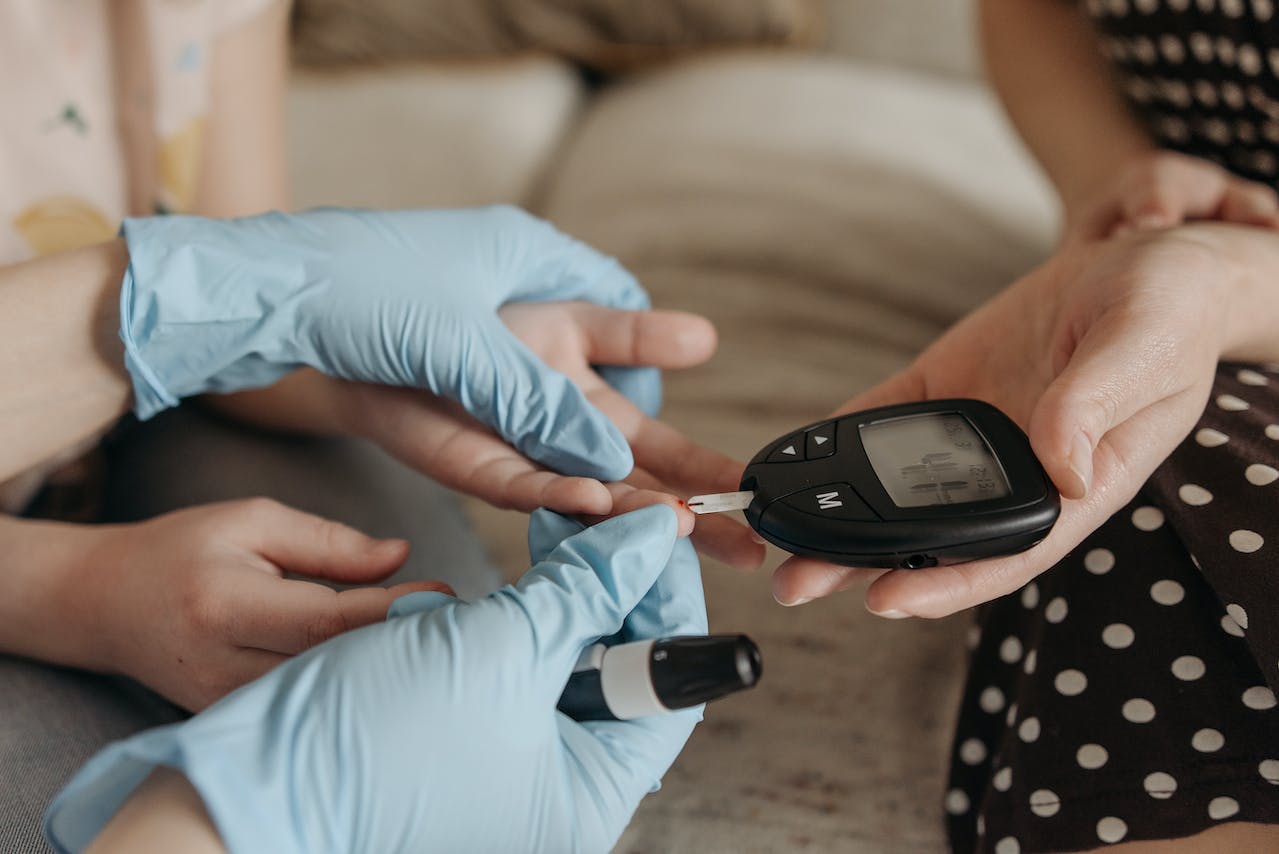Health
Is diabetes remission really as hard to achieve as a new study suggests?

A new study from Hong Kong suggests that remission of type 2 diabetes is far less common in the real world. (Pexels Photo)
In 2017, a landmark study was published in The Lancet showing that type 2 diabetes could be reversed by diet alone.
The Direct study, as it is known, seemed to change everything. With an intensive weight-loss programme and support throughout the study, 46% of participants were able to put their diabetes in remission after one year.
This has led to “path to remission” diabetes remission programmes being rolled out across the NHS. But how likely is it that this treatment will work outside of the carefully controlled environment of a clinical trial?
A new study from Hong Kong suggests that remission of type 2 diabetes is far less common in the real world. This led to headlines suggesting remission from type 2 diabetes was rare (occurring in 6% of people in the study), and expert media comments that it was “a little bit depressing”.
We have known about cases of type 2 diabetes going into remission, or glucose levels going back to normal, since the 1960s. These observations were first made decades before the first internationally agreed definition of what remission is.
Remission finally defined
In 2021, type 2 diabetes remission was defined as an HbA1c (a measure of average glucose levels in blood over two to three months) of less than 48 mmol/mol or 6.5% for at least three months without taking any diabetes drugs.
So, is it true that this method of achieving remission is less likely in the messy world outside of clinical trials where people aren’t carefully selected for likeness to each other and where researchers aren’t fussing over participants?
It seems that remission may be harder to attain and sustain in the real-world setting, but the news is perhaps not quite as gloomy as the Hong Kong study suggests.
Also, it might depend on how patients are cared for in the real world. For example, Dr David Unwin, a UK-based GP, has helped 20% of his type 2 diabetes patients achieve remission by advising them on the type of low-carbohydrate diet to follow and offering one-to-one support over the phone.
It should be noted, though, that achieving remission is easier for some, namely men, people who lose more than 15kg of body weight, and people who have been diagnosed with type 2 diabetes fairly recently. However, this shouldn’t discourage people who don’t meet these criteria. Any weight loss and improvement in diabetes control will improve a person’s health and should always be encouraged.
And weight loss doesn’t have to be achieved through something as radical as the “total diet replacement” – usually milkshakes – that many clinical trials use. Our review found that it is possible to achieve remission with low carbohydrate diets, and, to a lesser extent, with Mediterranean and vegan diets.
The key is to find a diet that people will stick with in the long run.
Why the Hong Kong patients failed
Unlike the Direct trial and the previously mentioned UK GP’s programme, the Hong Kong data was not a programme aimed at achieving remission. And, of course, you are unlikely to achieve something if you do not plan to do it.
Changing diet and lifestyle in a supportive environment could have been what was missing in the Hong Kong study. The researchers only reported data on clinical checks that the people with type 2 diabetes had.
The chances of remission are increased in people who lose a substantial amount of weight, whether through bariatric surgery or diet. These interventions were not supported and were therefore uncommon in the Hong Kong data.
If this new study proves one thing, it’s that it’s not enough to merely monitor people with type 2 diabetes. To achieve remission, they need advice, support and encouragement – both initially and in the long term.![]()
Duane Mellor, Lead for Evidence-Based Medicine and Nutrition, Aston Medical School, Aston University; Craig Russell, Lecturer, Pharmacy, Aston University, and Srikanth Bellary, Clinical Associate Professor, Diabetes and Endocrinology, Aston University
This article is republished from The Conversation under a Creative Commons license. Read the original article.





















